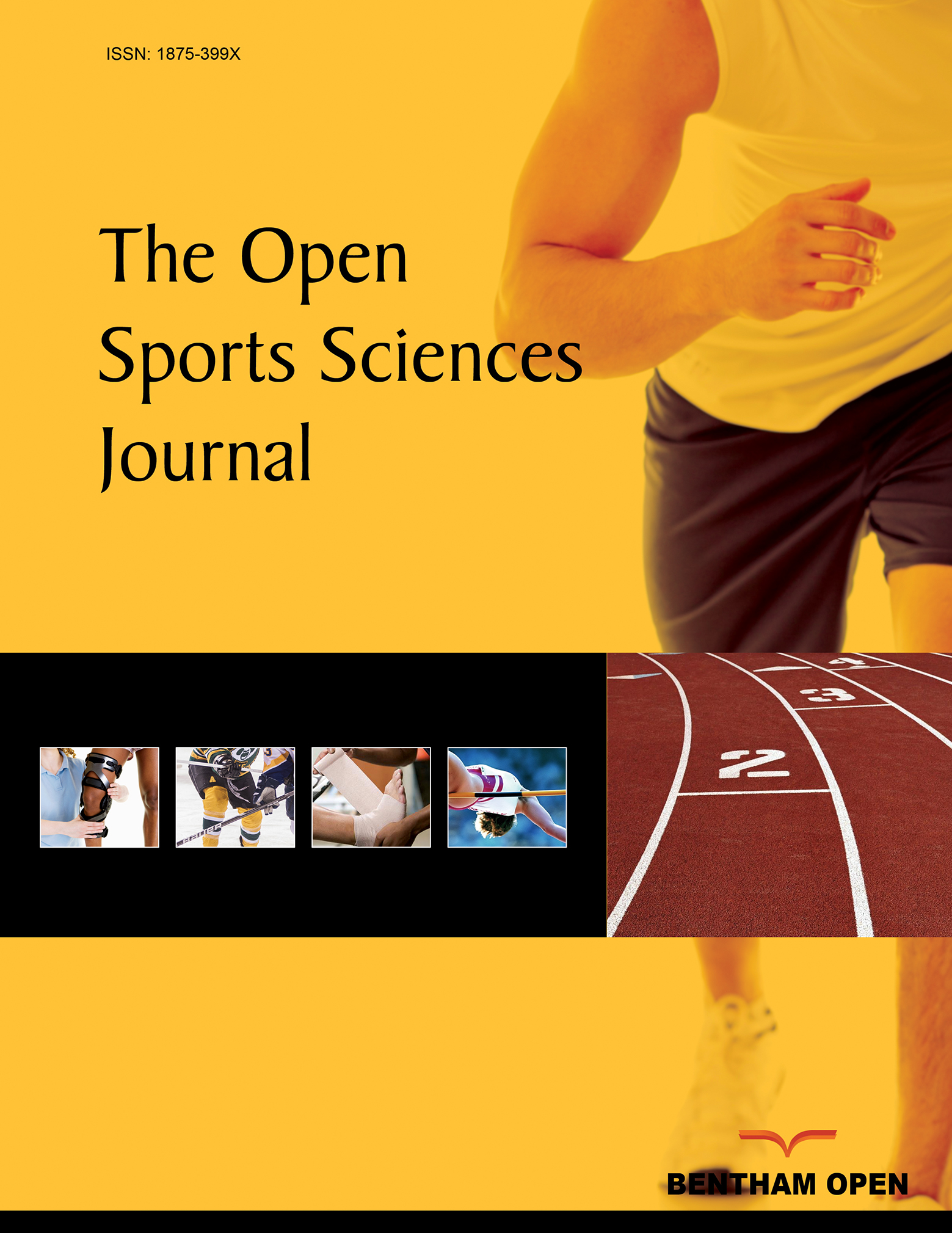Acute Effects of Foot Reflexology Massage on Arterial Pulse Wave Characteristics after Aerobic-based and Anaerobic-based Intermittent Exercises: A Preliminary Study
Abstract
Aims:
This study used pretest-posttest randomized group comparison to investigate the acute effects of foot reflexology massage (FRM) intervention on the pulse harmonic and parasympathetic modulation after repeated sprint ability test (RSA) and Yo Yo intermittent recovery test level 1 (YOYO).
Background:
The arterial pulse wave characteristics (APW) is a physiological indicator of peripheral arterial compliance. Reflexology massage is a non-invasive intervention to improve arterial compliance. However, the acute effect of FRM on APW after intense exercise has not been examined.
Objective:
The purpose of this study was to investigate the acute effect of FRM after short-term bouts of anaerobic-based and aerobic-based intermittent exercises.
Methods:
Twenty-six collegiate male football/futsal players voluntarily participated in this study. All participants were randomly assigned to FRM group (n = 14) or control group (n = 12). The participants performed RSA and YOYO exercise protocols at least 3 days apart within a week. The electrocardiography (ECG), and APW of right hand (RH), left hand (LH), and left foot (LF) were recorded for 10 min in supine position before and after interventional/control period. A standard of 30 min FRM was given immediately after exercises, whereas those of control group were requested to rest comfortably on a massage table for 30 min. Non-parametric statistical analyses (The Mann-Whitney rank and Wilcoxon signed rank test) were used to compare the measured variables.
Results:
The results showed different characteristics of sympathetic nervous system index after RSA and YOYO protocols in the FRM and control groups [FRM: RSA (p = 0.01); Control: YOYO (p < 0.01)]. The results also identified similar exercise-induced modulation of 1st and 2nd pulse harmonics in LF location with or without FRM treatment.
Conclusion:
The FRM intervention demonstrated minor impact on the recovery of APW and parasympathetic modulation after RSA and YOYO exercises.
Clinical Trail Registration Number: NCT03821805


